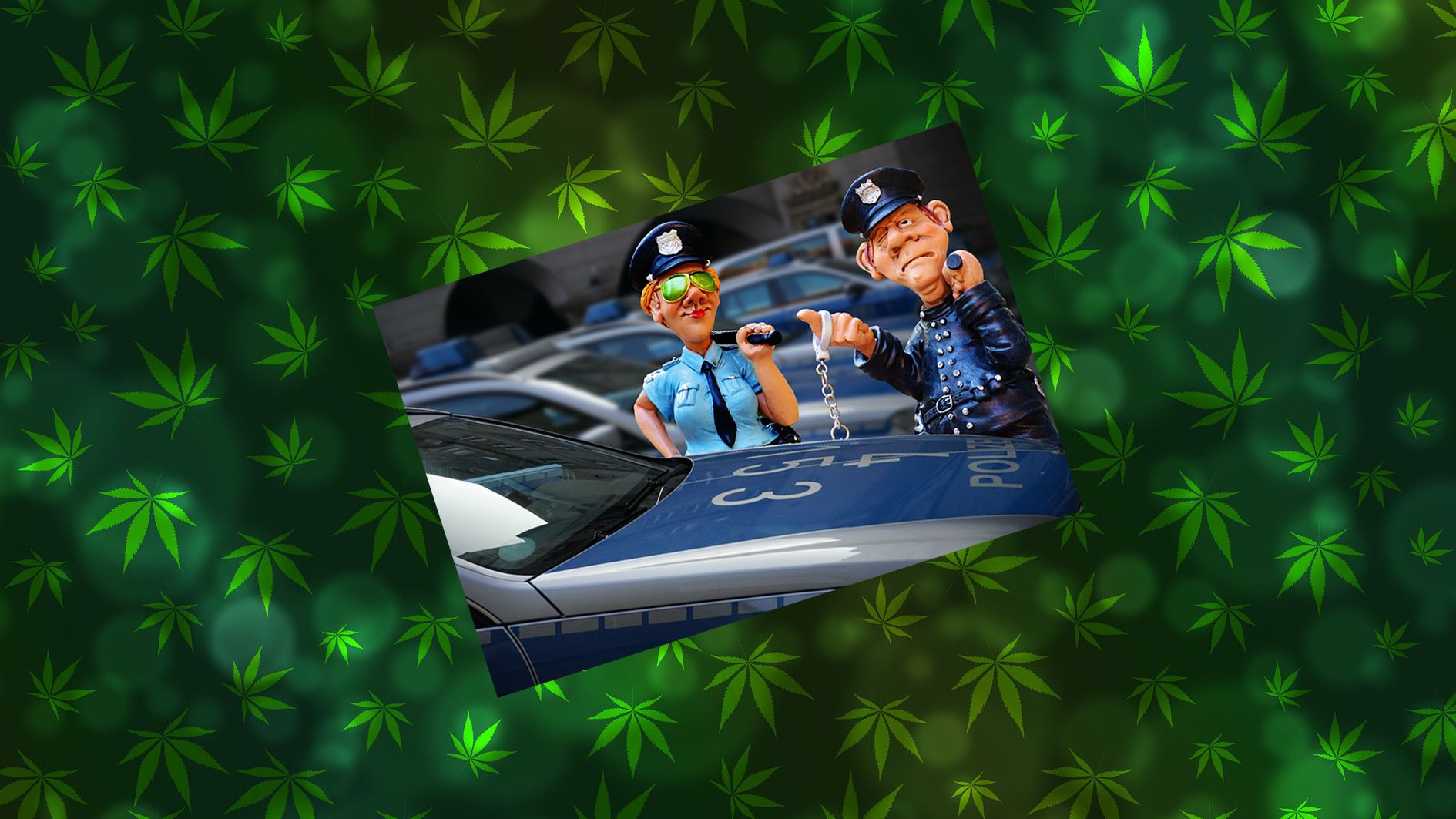Marijuana has been illegal in the United States ever since it was discovered that hemp would threaten multiple industries. Everything is slowing changing, however, with more and more states making it legal to use for medical reasons and a few even legalizing for recreational use just like alcohol. The problem is that there is no convenient way to test for usage on the side of the road. Normally, if police suspect usage of the drug the haul you off for blood, saliva, or urine testing. Some officers can do urine testing on the side of the road, but that’s a huge hassle and can be difficult. Now, there’s a device in the works over at Shan Xiang Wang’s lab at Stanford University that could change the THC testing game forever.
The device uses what is known as a magneto-nanosensor, and it can detect trace amounts of THC in saliva. Unlike the lab testing that takes place today, the use of magnetic nanoparticles and sensors will allow police to take a small saliva sample and have the result in just a few minutes. And, since it connects to mobile phones or tablets via Bluetooth, police can receive the results on the spot instead of hauling you off to the lab and waiting for the results.
In a publication on Digital Trends, Professor Wang said, “Detection of marijuana from blood or urine in a reference lab is not difficult, but it is difficult or impractical at the roadside. Most law enforcement officers are not authorized to take blood samples, while taking a urine sample on the spot is extremely inconvenient. Detection of marijuana from saliva would bypass the trappings with either blood or urine samples.”
Keep reading for the rest of the story.
Why it Matters
There are still a few things that need to be worked out before police can up and start checking for pot usage on the side of the road. First off, the proof of concept needs to be perfected, and its accuracy needs to be determined. Furthermore, standards need to be set in regard to what constitutes intoxication or how long it has been since the last time you have used the substance. See, THC is absorbed, metabolized and passed through our body differently than alcohol. It is stored in fat cells and can remain in the body long after its last use. This is why you can fail a drug test even weeks after the last time you’ve smoked weed.
Needless to say, there is still a lot that needs to be worked out before a system like this can be put into use. The amount of time that the effects of THC last also vary from person to person. One person may stay high for hours after smoking a joint while the next person may remain high for a short period of time. It’s very controversial, and a lack of statistics for how marijuana affects driving skills doesn’t help the situation either. For now, you don’t have to worry about roadside testing if you like to take a few tokes here and there, but eventually, it will be a reality. How do you feel about it? Does using marijuana affect the way you drive? Do you agree with roadside THC testing? Let me know your thoughts in the comments section below.

